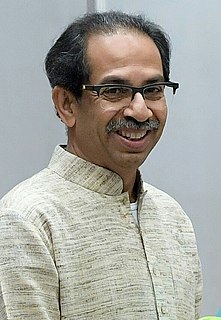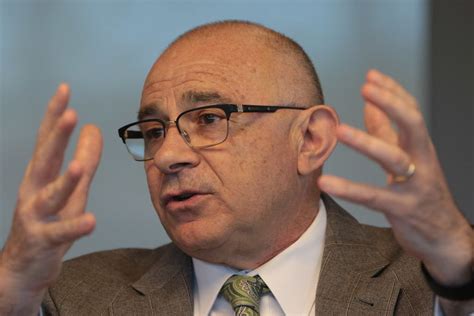A Quote by Michael Moore
L.A. - talk about a cruel city: Patients are forcibly removed from hospitals.
Related Quotes
I am a spiritual person. I'm a Catholic. I treat my patients, the dead patients, as live patients. I believe there is life after death. And I talk to my patients. I talk to them, not loudly but quietly in my heart when I look at them. Before I do an autopsy, I must have a visual contact with the face.
Operating-room errors hold a special terror for patients, if only because they seem like the most avoidable kind of complications. The occasional horror stories of patients who have the wrong leg removed or the wrong knee replaced generate the most headlines, as do tales of patients whose identities are mixed up entirely.
When I talk about the city, I talk about a city that elevates people, which is the strength of New York. We always had the ability to do that. We had the services to do that: good schools, living-wage jobs. We're moving away from that toward a two-tiered system: a small group of very wealthy people and the rest of the city, poor and working poor.
We achieve active mastery over illness and death by delegating all responsibility for their management to physicians, and by exiling the sick and the dying to hospitals. But hospitals serve the convenience of staff not patients: we cannot be properly ill in a hospital, nor die in one decently; we can do so only among those who love and value us. The result is the institutionalized dehumanization of the ill, characteristic of our age.
One of the most appalling comments on our present way of life is that at one time half of all the beds in our hospitals were reserved for patients with nervous and mental troubles, patients who had collapsed under the crushing burden of accumulated yesterdays and fearful tomorrows. Yet a vast majority of those people would be walking the streets today, leading happy, useful lives — if they had only heeded the words of Jesus: “Have no anxiety about the morrow”; or the words of Sir William Osler: "Live in day-tight compartments."
A central notion in the Affordable Care Act was we had an inefficient system with a lot of waste that didn't also deliver the kind of quality that was needed that often put health care providers in a box where they wanted to do better for their patients, but financial incentives were skewed the other way... We don't need to reinvent the wheel; you're already figuring out what works to reduce infections in hospitals or help patients with complicated needs.






































